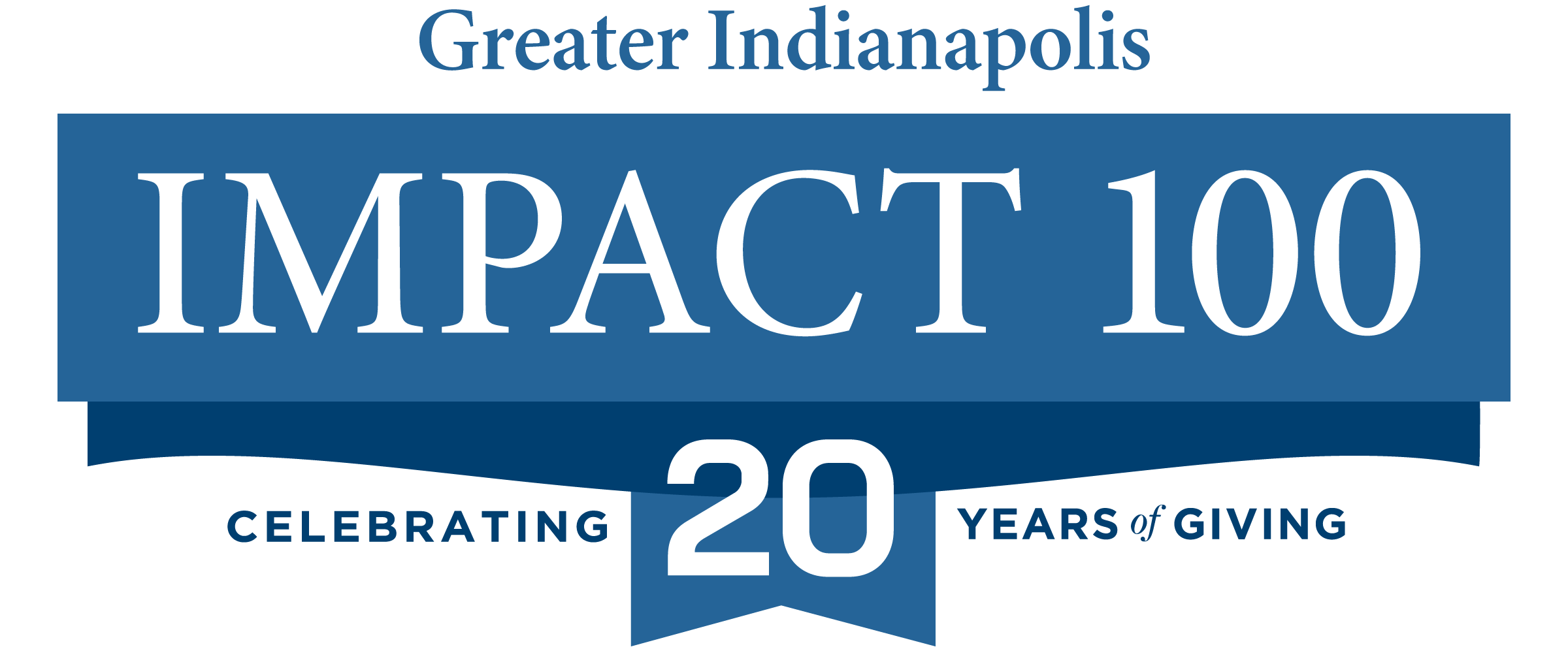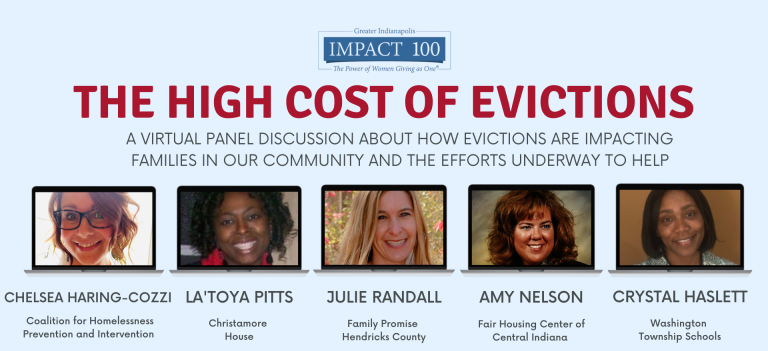We the Women 2018 – Changing the Face of Philanthropy
submitted by Terry Mumford, Impact 100 Greater Indianapolis Board President
Under the banner “We the Women”, more than 300 women philanthropists attended the Catalist Conference in Philadelphia, October 21-23, 2018, to change the face of philanthropy. Catalist (formerly Women’s Collective Giving and Grantmakers Network (WCGN)) is part of the collective giving movement, representing 64 affiliates with 15,000 members in 27 states, the District of Columbia, and Australia. Collectively, Catalist affiliates have awarded more than $110,000,000.
Karen Holly and I represented Impact 100 Greater Indianapolis. Not only is Karen our VP and Membership Chair, but she is also a member of the Catalist Board of Directors. I am on the Catalist program committee.
It is difficult in a blog post to capture all that we learned in Philadelphia. But it is safe to say that we left educated, inspired, and energized by the speakers, panelists, and our sister members. The Impact 100 motto is The Power of Women Giving as One ®, which fits within the motto of Catalist, which is “Women Accelerating the Power of Collective Giving”.
In this post, I have summarized speakers from two plenary sessions and presentations from two break-out sessions. I enjoyed every event I attended, but these made a difference in my thinking.
Impact 100, as many other Catalist affiliates, focuses on transformative grants. Therefore, I particularly appreciated a presentation by Katherina Rosqueta, Founding Executive Director, Center for High Impact Philanthropy at the University of Pennsylvania. According to her research, high impact philanthropy has 4 key characteristics:
- Social impact – we seek to achieve meaningful and positive change in the lives of beneficiaries. Our goal is the public good.
- Evidence-informed – our grants are made based upon field experience, informed opinion, and research.
- Bang for the Buck – we are looking at the impact of a program in determining its value.
- Tackle Hard Problems with Real Tools – High impact philanthropy goes after the “high-hanging fruit” –those problems that are not easily solved. We want to know what’s available and what works.
Liz Scott, Co-Executive Director, Alex’s Lemonade Stand Foundation, brought home the importance of analyzing the strengths and weaknesses of our organizations and come up with plans for greater impact. We were advised to:
- Know our strengths
- Recognize opportunities
- Understand (not just measure) the impact of what we do
- Learn from the past and be able to give up on a failed effort
- Be ready for the future
Her concluding remarks were inspiring – As philanthropists, it’s our role and responsibility to try to do something about difficult problems.
In a break-out session on branding and marketing, we were advised that, as organizations, we need to understand the type of women who are attracted to collective giving. Surveys have revealed that the members of our collective giving organizations are:
- Passionate
- Collaborative
- Sharing
- Informed
- Impactful
- Smart
- Strong
- Energized
- Open
- Supportive
We need to assure that Impact 100 appeals to this type of women. These are the women who will take us into the future.
We were also given practical tips in presenting our message consistently. We were encouraged to develop our “elevator speech” – three points about our organization that are easy to remember and clear – who we are, what we do, and why it matters to our donors.
Another breakout session that I found relevant to Impact 100 was the session on young philanthropist programs. We are justifiably proud of our scholarship program and our shared membership program, which create opportunities for new philanthropists to be part of our organization. It was fascinating to learn about women’s organizations that maintained both a reduced-fee program for young philanthropists and a scholarship program. The panelists on this program emphasized the importance of specific mentoring for young philanthropists and having a payment plan for membership contributions.
We look forward to applying what we’ve learned to make Impact 100 Greater Indianapolis a better giving circle.


